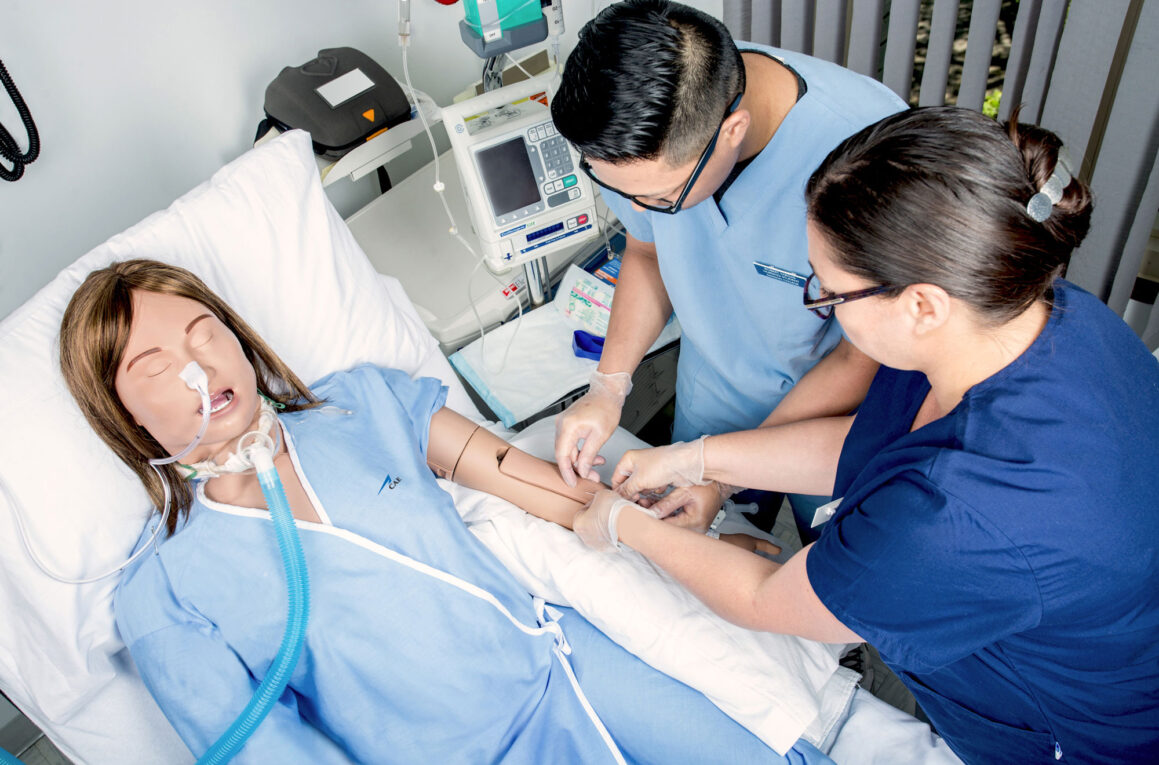Medical simulation allows healthcare professionals to practice their skills through realistic scenarios without risking harm to actual patients. This method of teaching and learning utilizes computerized mannequins, virtual reality systems, augmented reality, and standardized patients to accurately mimic clinical situations. Through simulation, doctors, nurses and other medical practitioners are able to rehearse rare and complex procedures, handle emergency situations, and improve communication before interacting with real patients. These simulated experiences help professionals enhance competence and confidence in a safe learning environment.
Advancing Surgical Skills with Simulators
One important application of Medical Simulation is for surgical training. Traditional operating room training involved direct supervision of residents performing surgeries, but this risks patient safety issues from inexperienced surgeons. Today, various kinds of surgical simulators allow repetitive practice of technical skills outside the operating room. Laparoscopic simulators use virtual reality systems to recreate minimally invasive surgeries through endoscopic camera views and instrument controls. Trainees can perform laparoscopic procedures like gallbladder removals or appendectomies multiple times on computerized mannequins to perfect skills like hand-eye coordination and instrument dexterity.
Surgical simulators are also beneficial for practicing rare operations like blood vessel anastomoses or open-heart surgeries. By repeatedly suturing and manipulating simulated tissue, future cardiothoracic surgeons can learn proper techniques without endangering live patients. Studies show surgical residents who supplement operating room training with regular simulator practice demonstrate improved operative performance during their first real procedures compared to traditionally-trained residents. Simulation provides a safe learning environment to repeatedly exercise relevant skills until proficiency is achieved.
Enhancing Medical Responses through Simulation Scenarios
Medical simulation excels at recreating stressful, life-threatening situations healthcare professionals may encounter. Through carefully designed scenarios, teams are able to practice their abilities to assess, diagnose and treat time-sensitive conditions involving sick or injured patients. Emergency departments and intensive care units commonly use high-fidelity human patient simulators controlled by technicians to run emergency response drills. Simulated codes, trauma resuscitations, obstetric deliveries and other crises help interprofessional medical teams rehearse effective communication, leadership, prioritization and clinical management outside of real patient care settings.
Simulation scenarios benefit prehospital professionals like paramedics and emergency medical technicians by allowing them to practice assessing patients, collaborating with others on-scene and providing rapid emergency interventions during transport. Because recognizing signs of life-threatening illnesses or injuries often requires split-second decisions in the field, simulations provide a way to train recognition and treatment protocols through experiential learning with feedback and debriefing. Studies demonstrate simulation-based training improves responder performance during actual ambulance runs and emergency room handoffs compared to traditional lecture-based classes alone.
*Note:
1. Source: Coherent Market Insights, Public sources, Desk research
2. We have leveraged AI tools to mine information and compile it

